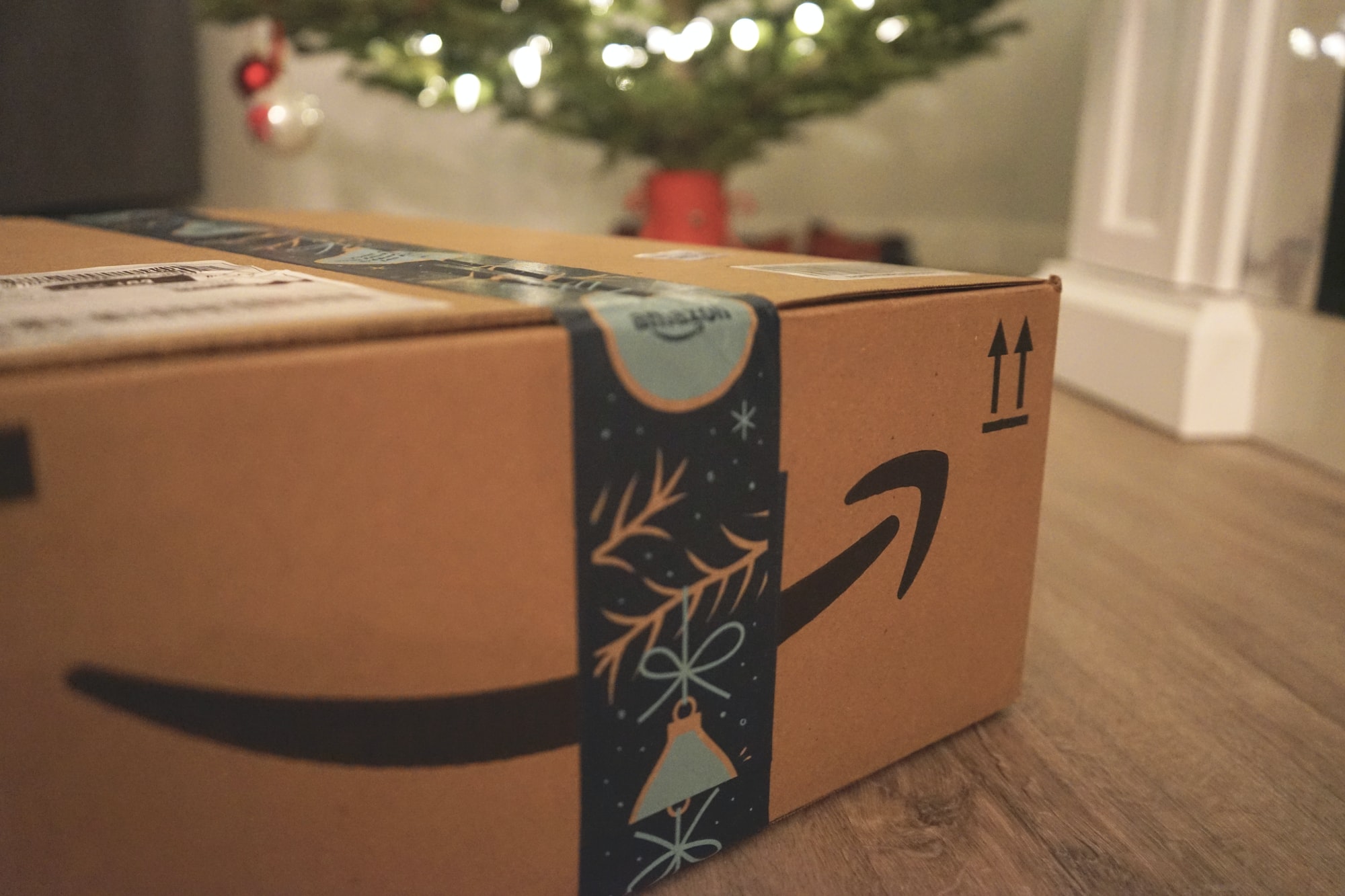Rewards have been around for decades. Businesses have been jumping on the “rewards” bandwagon to develop and enhance their customer base. From frequent flier deals to ordering biryanis (petition for veg biryani to be considered biryani!), brands have been investing millions of dollars-right from developing the rewards to implementing them. Well, earning and collecting those coins to get 150 off out of the 700 bucks you spend does sound nice, doesn’t it?
Organizations have now been appreciating loyalty from their customers. The “reward” theory checks right. They are supposed to retain the old customers while converting and creating new ones. After a while, the customers get easier to serve and retain. They even start adding mortar to the bricks of the business- paying premium costs, getting new customers, and buying more. The cycle goes on. So, the companies’ interest in rewards is reasonable.
While the idealistic reward programs are supposed to create ideal customers, the ground reality hits vastly differently. Companies end up structuring short-term rewards and deals thus reducing the potential of those rewards to a very small fraction of it. These small-term rewards encourage a few new customers to try your product but unfortunately are not sufficient to bring them back to you. The value shared with the consumers must be directly proportional to the value their loyalty creates for a business-that is the ride everyone would want to book their seat on. Sustainability is the key here – developing and educating your customers about the rewards and motivating them to bring it all home, continually thus speeding up in the loyalty lifecycle.
The “hot chips” shop at the end of your street does put in some extra chips for you, right? The shopkeeper’s sensible enough to value you as a “regular” customer thus investing in future retention. Now that he does put in those extra few chips, you don’t prefer to buy your chips somewhere else now, do you? There is a broader strategic purpose to this-he knows your value as a consumer. As companies expand and chase the market, it becomes difficult for them to identify the “regular” (thus loyal) customer from the “occasional” or “new”. Hence, it becomes difficult for them to create and harness the benefits of personalized relationships. Those extra chips go a long way-they create a word of mouth, which takes precedence over your “large” market share from the consumer’s perspective.
Practically, yes it is difficult for the brands to follow up with each person and their interests. And large-scale organizations invest in marketing research targeting their valuable customers to compensate for the lack of personalization. But not all consumers are equal. Customers that generate immense profits for your business should enjoy huge benefits- thus realizing their value and acknowledging that their contribution is appreciated.
Implementing reward programs without analyzing what they get you in exchange for what they give is basically digging one’s own grave. Assessing the profits of both the parties on the ends of this exchange is very important, else, your bills are gonna pile up. Short-term rewards with a long-term perspective are no picnic either. You may get customers to interact and invest now, but that cannot be taken as an assurance for the future. Sustainable loyalty stamps your future consumer base. This will become a success once the companies focus and lay down long-term proposals which whisk the benefits for the customers.
A reward program that brings in value from a certain demographic of customers is way better than the ones which require heavy investment into a large demographic with discouraging customers. Reward proposals must answer the questions about the values created for the customers, the alignment of the rewards with the companies’ goals and capabilities, the reasons as to why the customer would value this reward help in achieving a sustainable reward cycle.
So a reward program that possesses values like cash benefits, is relevant, provides independent choices, is convenient, and caters to the desires of the consumer would definitely have people “falling” for it. HOLD UP. Hasn’t Jeff Bezos been doing the same with Amazon Prime? And, I just ordered 5 books from prime even though I needed just 3? Loyalty? What do you think?

